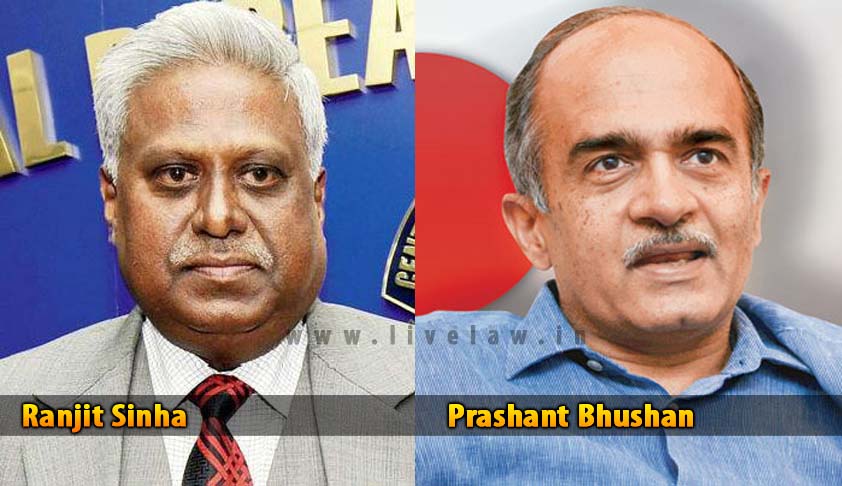It was completely inappropriate for ex-CBI Chief Ranjit Sinha to meet accused in Coal Block Allocation case: SC seeks CVC’s assistance
Apoorva Mandhani
14 May 2015 1:39 PM IST

Next Story
14 May 2015 1:39 PM IST
A Supreme Court Bench comprising of Justice M.B. Lokur, Justice Kurian Joseph and Justice A.K. Sikri today issued a notice to the Central Vigilance Commission for assistance to ascertain whether ex-CBI Chief Ranjit Sinha’s meetings with the accused in the coal allocation scam had had any impact on the investigations and subsequent charge sheets or closure reports filed by the CBI.The...
